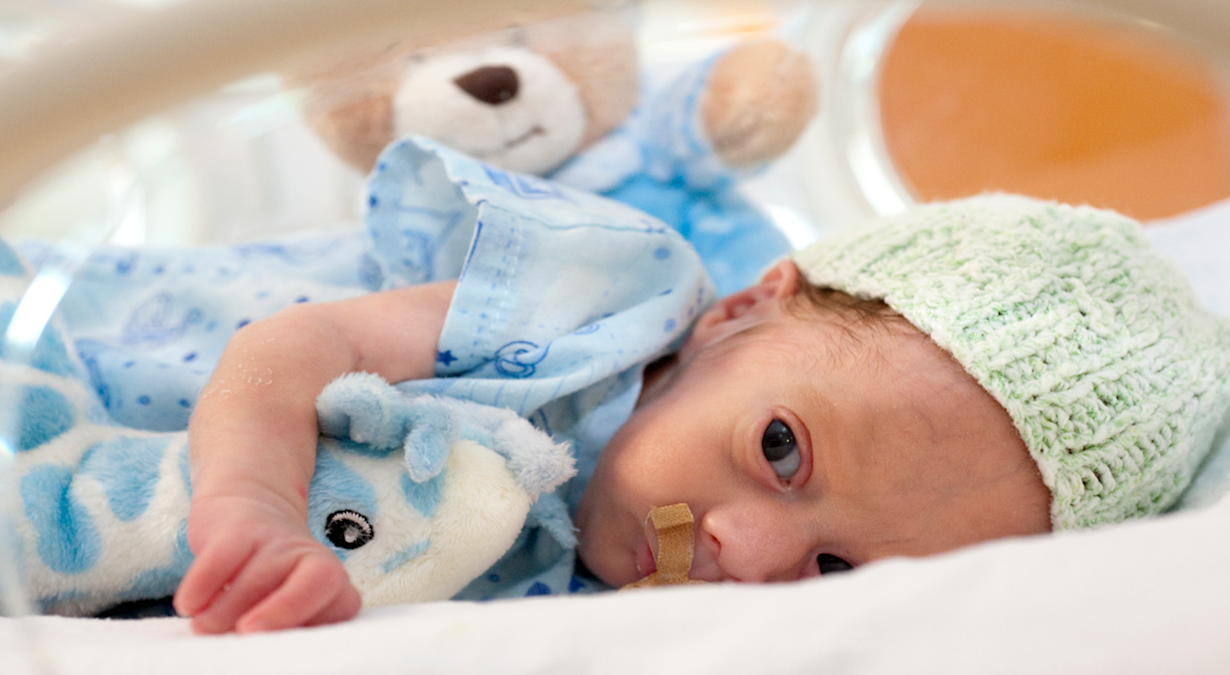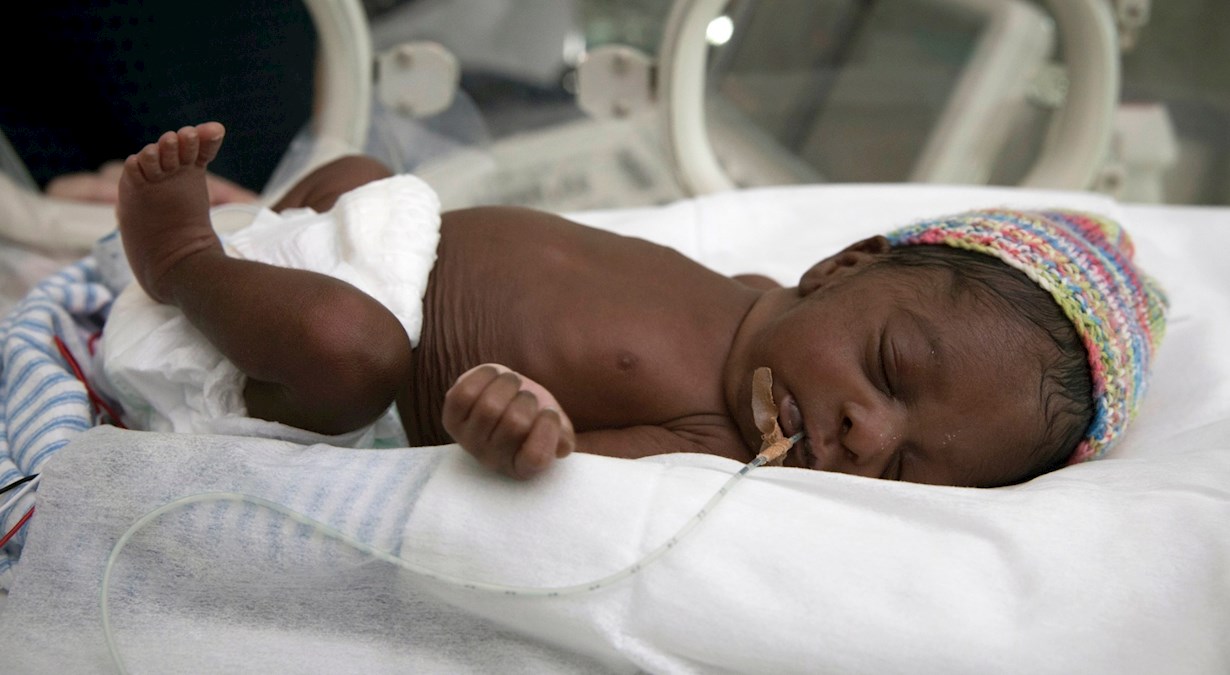Neonatal Infection and Inflammation
Reducing neonatal inflammation for healthier babies
Preterm birth contributes to approximately 75 per cent of all early-life illness and deaths worldwide; much of which is associated with prematurity-related infection and inflammatory conditions.
Early-life inflammation is intrinsic in both immediate morbidity as well as long-term disease, including impaired neurodevelopment.
Newborn sepsis (a bloodstream infection) and necrotising enterocolitis (an inflammatory condition of the gut) trigger systemic inflammation the risk of disease or death.
Our infection and inflammation discipline focuses on:
- Deciphering how the newborn immune system works
- Preventing infection and inflammation
- Early diagnosis of infection
- Reducing the use of empiric antibiotics
- Improving disability-free survival
Current projects
Our discipline is currently recruiting PhD, master’s or honours students for the following projects. If you are interested in getting involved, contact UWA Medical School’s Professor Karen Simmer.
- Pentoxifylline to PROTECT the preterm brain
-
PROTECT is an international multi-centre randomised controlled trial evaluating the effect of

reducing long-term disability with intravenous pentoxifylline versus placebo in babies with sepsis or necrotising enterocolitis who are born less than 29 weeks gestation.In the PROTECT trial, we aim to improve survival without adverse neurodevelopmental outcomes caused by systemic inflammation. Pentoxifylline has effects, including lowering levels of mediators critical for inflammatory brain injury, and has shown promising results in pilot studies.
- sPLA2 Trial
-
Neonatal late-onset sepsis (LOS) is extremely common in very preterm babies. However, diagnosis is difficult due to non-specific clinical signs that overlap with other neonatal conditions. We are testing plasma protein sPLA2-IIA for use as a new rapid and accurate laboratory diagnostic for neonatal sepsis.
Our ongoing studies have shown sPLA2-IIA is a leading candidate biomarker to significantly improve LOS diagnosis. Earlier diagnosis of LOS will enable clinicians to appropriately target therapy and limit antibiotic exposure in very preterm babies. Our target population is babies born less than 29 weeks gestation with suspected late onset sepsis or NEC.
- Exploring changes in breast milk composition as markers of mastitis in mothers of preterm infants
- The breast milk and mastitis study aims to measure the key ion compositions in breast milk of preterm mothers to determine the efficacy of bedside testing for mastitis, as well as examining the rate of occurrence and causative organisms responsible for mastitis. Our target population is mothers of babies born between 29 and 34 weeks gestation.









